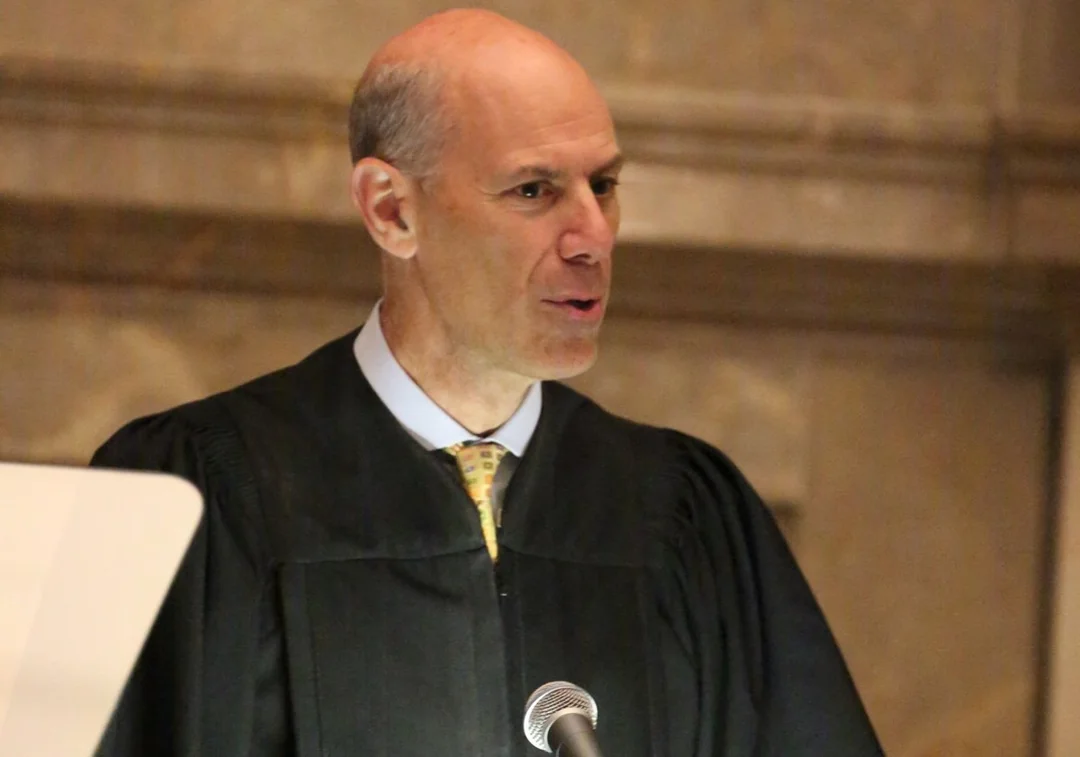Federal Judge Threatens Criminal Contempt Charges Against Trump Officials Over Deportations of Venezuelan Gang Members
In a stunning escalation of judicial confrontation, U.S. District Judge James Boasberg ruled Wednesday that he found probable cause to hold Trump Administration officials in criminal contempt of court for failing to comply with a prior order halting the deportation of Venezuelan nationals believed to be members of the notorious Tren de Aragua (TdA) gang.
Boasberg: “Willful Defiance”
In his 46-page opinion, Boasberg accused the administration of “willful defiance” of a temporary restraining order (TRO) he issued last month that sought to block the removal of thousands of TdA-linked individuals under the Alien Enemies Act. He signaled that the administration’s actions “amount to criminal contempt” and suggested the possibility of appointing an independent special prosecutor if the Department of Justice declines to prosecute Trump officials involved.
“If the Executive refuses to prosecute those in contempt, the Court reserves the authority to appoint a special prosecutor to vindicate the rule of law,” Boasberg wrote.
Background of the Legal Dispute
The Biden-appointed judge initially sided with plaintiffs from Democracy Forward and the ACLU, who filed suit claiming the Trump administration’s deportation operation lacked sufficient legal process for those accused of gang affiliation. The groups claimed due process rights were violated and that mass removals posed human rights concerns.
The U.S. Supreme Court, however, vacated Boasberg’s injunction earlier this month in an unsigned order, ruling that Boasberg had no jurisdiction to block the executive branch’s national security-related deportations under the Alien Enemies Act. The high court’s 5–4 ruling was supported by Chief Justice Roberts and Justices Thomas, Alito, Gorsuch, and Kavanaugh.
Justice Amy Coney Barrett dissented in part, joining liberal Justices Sotomayor, Kagan, and Jackson in partial disagreement, particularly over the procedural notice rights for deportees.
The Supreme Court’s decision allowed the deportations to proceed, with one caveat: the administration must provide “reasonable notice” to allow individuals a chance to challenge their removal in court—something the Trump team argues it has already done.
Trump Officials Push Back
Homeland Security and DOJ officials have sharply criticized Boasberg’s ruling, calling it “legally unsound” and “blatantly political.” Senior administration sources say that the deportation of TdA members—responsible for murders, rapes, extortion, and human trafficking across Latin America and the U.S.—is a national security imperative.
“This judge is effectively trying to force us to reimport terrorists and human traffickers back into American communities,” said a Trump immigration official. “We will not comply with unlawful or unconstitutional mandates—especially ones already struck down by the Supreme Court.”
The administration maintains that all flights in question were carried out in accordance with national security law, and that no court can override presidential wartime authority under the Alien Enemies Act, especially in cases involving non-citizens engaged in violent organized crime.
Boasberg’s Threat of a Special Prosecutor
In what critics call an unprecedented judicial overreach, Boasberg’s opinion indicates that if the Biden DOJ refuses to pursue criminal charges, he may appoint a special prosecutor—a move with enormous political and constitutional ramifications. Legal analysts warn such a step would trigger an executive-branch vs. judicial-branch crisis.
Political Fallout
Boasberg’s ruling has enraged conservatives, who view it as the weaponization of the judiciary against Trump-era immigration policies.
“This isn’t about law—it’s about revenge,” said one former Trump DHS official. “They want to jail our people for doing their jobs: protecting the American people from bloodthirsty foreign criminals.”
With 2026 midterms looming and immigration dominating the national conversation, the case has become yet another flashpoint in the war between the executive branch’s border enforcement and judicial activism from left-leaning judges.
What’s Next?
The Department of Justice has not yet responded publicly to the contempt threat or confirmed whether it will open a criminal investigation into its own officials. Boasberg has ordered a hearing in early May to consider whether to proceed with formal contempt proceedings or to appoint an outside prosecutor.
Until then, one thing is clear: the battle over immigration enforcement and judicial authority is far from over—and the stakes for Trump officials, and the Constitution, have never been higher.

